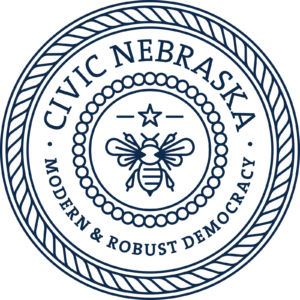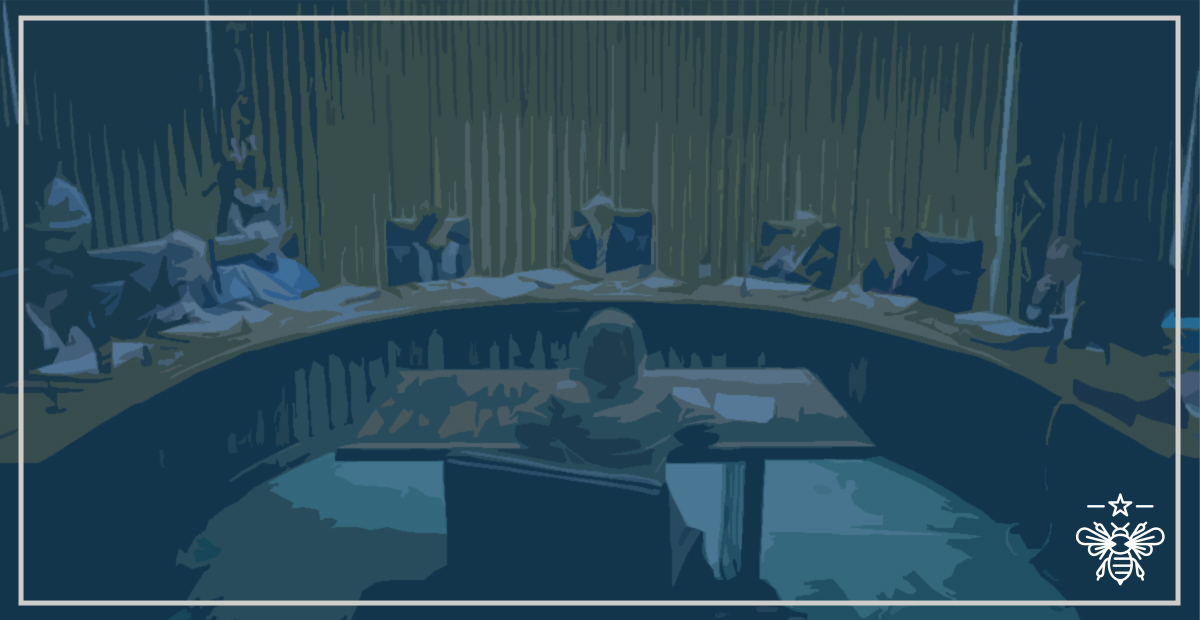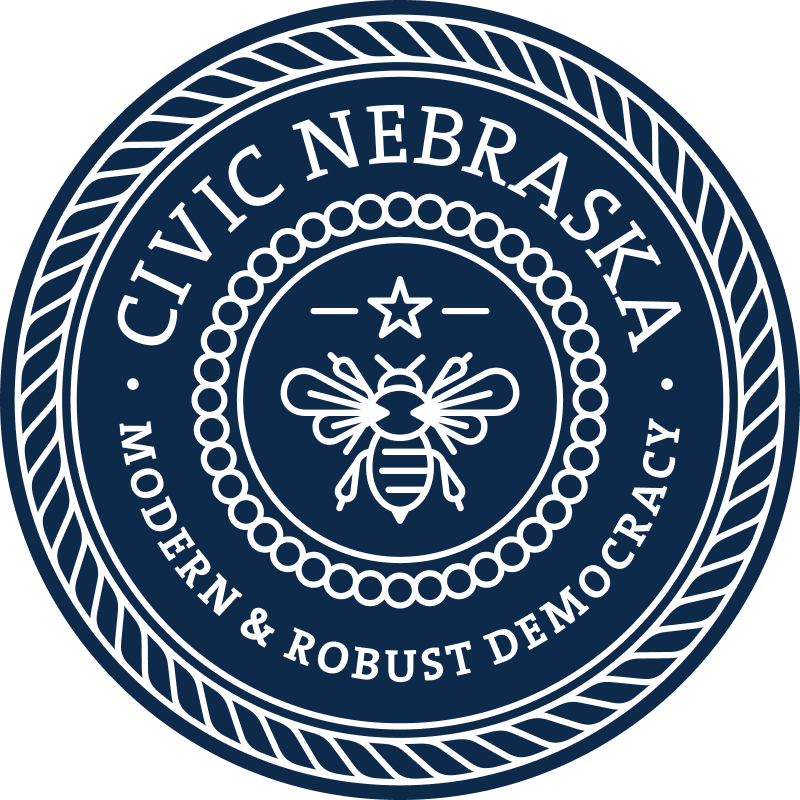Hello, Sen. Brewer and members of the Government Committee. My name is Heidi Uhing, and I’m the public policy director at Civic Nebraska, here to testify in strong support of Sen. Wayne’s LB20.
We at Civic Nebraska have called Nebraska voters to conduct a poll about their thoughts on voting rights restoration from June 2022 to February 2023. We reached 665 voters, and 41 percent reported that no, they were not aware of the required two-year wait. And 81 percent reported that they would support a bill to remove that wait and restore voting rights to all free citizens.
So, despite the best efforts of the state’s nonprofits to inform people about their voting rights, confusion about this issue persists. I’m sure you all have stories from the campaign trail of Nebraskans telling you that they’re unable to vote due to their record. We have heard these stories too – some of them are shared here, today. When the state learns that there is persistent confusion that results in Nebraskans not enjoying all their civil rights, we have a duty to act.




